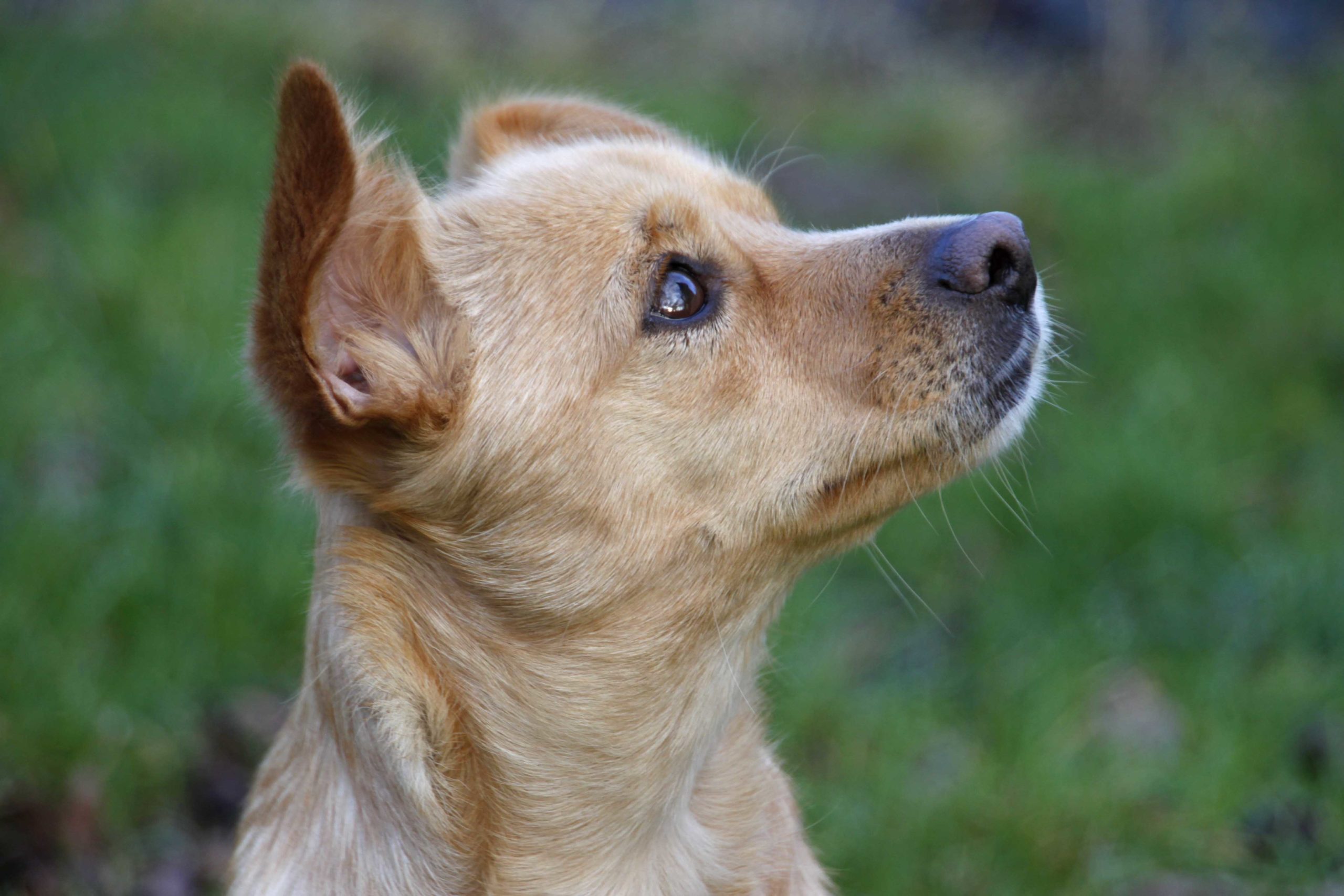Taking on a rescue dog is such a rewarding experience! You’re giving an animal a home which needs one. It’s an exciting time that’s for sure (& potentially also a little daunting!).
A Big Change
If you’re anything like me, you’re probably really excited to give your rescue lots of love & show them what a new wonderful life they’ve got. It’s tempting to want to surround them with fuss & attention.
But it’s often easy to forget that rescue dogs usually have previous experience of the world around them. Unfortunately, sometimes this can include negative experiences.
In some cases, rescues may not have ever lived in a home, or been used to living directly with people, or the sorts of things found in our daily lives. For instance, traffic, postmen & women, prams, noises, children, sudden movements, other animals.. to name a few!
Hence, it’s likely that they’ll need some adjustment time to get used to their new situation.
Some dogs will adjust quickly, others will take time & in some cases, they’ll need lots of time!
Rescue Dog Expectations
It’s really tempting to bring home your new rescue dog & get stuck into wanting to train them to walk nicely on a lead, to come back when called, or want them to socialise with your friend’s dogs. After all, who doesn’t love watching dogs play happily together?!
This is great stuff… but down the line! Firstly, we need to make sure our rescue dogs can cope with these expectations and the training involved.
Help Your Rescue Dog Succeed
Animals learn and behave a lot better when they’re experiencing a positive emotional state and feel safe in their environment.
If they’re feeling stressed and worried it’s possible that even taking your dog out for a walk straight away will be too much for them to cope with.
Get To Know Your Dog First
So, before taking them out and about to explore their new world, it’s well worth spending time getting to know them at home. Consider setting them up their own safe place and make sure to to give them space.
You can use this time to figure out what they can and can’t cope with.
Basically, try not to rush the settling-in process by thinking about training and all the fun things you can do (it’s hard because you want to show off your new dog, I know!).
But, this way your rescue dog is much more likely to succeed in adjusting to their new life and routine. Likewise, you’ll have a good idea of what they can and cant cope with and be able to give them support exactly where they need it.
What Not To Do
It’s important to avoid putting them in situations they can’t cope with. This is because if feeling anxious, worried or confused, your dog will struggle to learn and build positive associations. Your training efforts are likely to lead to frustration for all involved and it’ll delay the settling-in process.
Once your dog feels safe and comfortable in their environment you’re more likely to have success with training activities and have great experiences!
Get Support
Dogs are individuals and behaviour is well quite complicated! So it’s well worth getting support with your rescue dog in the early days. This will set you up for a successful training journey and exploring the world together once your dog’s ready.
Follow me on social media:

